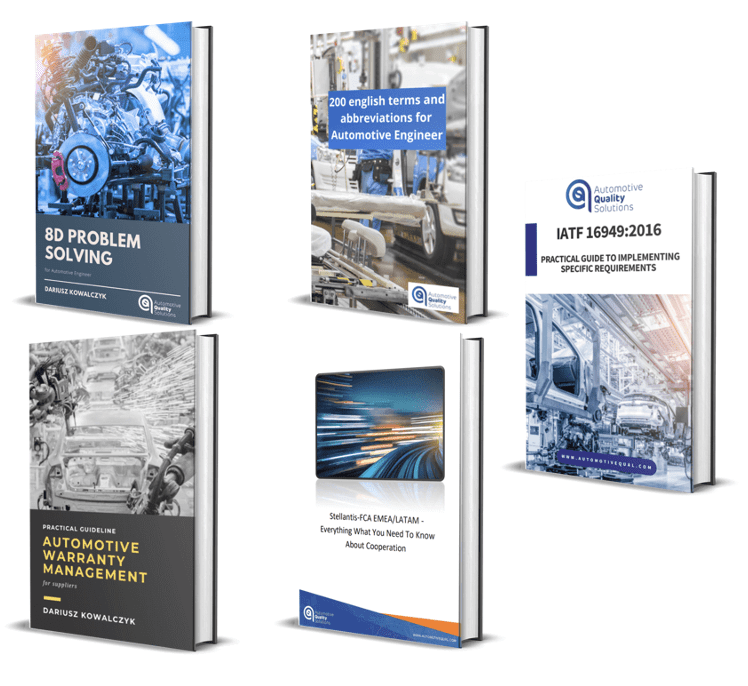In a world of dynamic changes and continuous improvement, the role of a quality engineer becomes crucial to the success of every organization. The best books for quality engineers will provide you with a solid theoretical foundation but will also inspire you to take appropriate actions in this area.
The best books for quality engineers – introduction
Regardless of whether you are an experienced specialist or are just taking your first steps in this fascinating field, you will find titles here that will broaden your perspective, provide practical tips, and introduce you to the world of modern approaches to quality management.
Get ready for an inspiring journey through the pages of books that will not only expand your knowledge but also make you reflect on how quality becomes a key element of organizational success. It’s time to discover which titles deserve a place on your shelf.
A compelling proposal that illustrates how Toyota emerged as a pioneer in the automotive industry by fostering employee competencies and implementing the lean philosophy, i.e., lean production.
Jeffrey K. Liker
Unlike the previous proposal, this one focuses on ‘human systems,’ which Toyota implemented to reinforce the principles of trust and perfection in production plants. Additionally, it presents the entire process of the evolution of Toyota’s culture.
– Masaaki Imai
This is the first book presenting the philosophy of continuous improvement within the organization through the use of innovation in the form of Kaizen, focusing on small ideas. Additionally, it outlines strategies for engaging the team to achieve specific goals.
This is particularly important because, during process audits at sub-suppliers, I often observed that the boxes designated for ‘ideas’ or ‘requests for rationalization’ were consistently empty.
Gemba Kaizen – Masaaki Imai
“Gemba Kaizen” is a continuation of an earlier book published by M. Imai. The term “gemba” itself refers to the place where the problem occurred and serves as the starting point for all analyses when solving problems.
If you work in a company where you often hear phrases like “after the problem occurred, I went to the place where it happened,” it means you are in the right place.
– Koch Richard
A great book that makes you realize the 80/20 rule applies not only in business but also in private life. If you’re interested in learning more about implementing 80/20 in these aspects and in relationships with others, this book is a must-read.
Quality Assurance of Welded Construction – N. Burgess
A must-read for anyone involved with this process.
The increasing demand for better reliability in welded structures from clients worldwide has brought significant attention to the importance of quality. Quality plays a crucial role in ensuring safety and cost-effectiveness, and the need for continuous attention to quality control and assurance is paramount. In light of new materials, faster welding methods, and the need for economical design, it is essential to carefully consider these objectives during the planning and execution of welded work.
This book covers all the essential aspects of this field. It is suitable for civil and structural engineering designers, welding engineers, manufacturing managers, inspectors, and QA personnel. It includes features and illustrations relating to defects in welded construction, a summary of critical data, and a substantial amount of information to assist in the task of getting welded structures right the first time.
Start With Why How Great Leaders Inspire Everyone To Take Action – Simon Sinek
This is one of several titles by this author that are worth reading. The book describes in a broader way the advantages of using the “Why” question in relation to the company’s processes as well as the mission and values that can be given to the customer.
The Checklist Manifesto: How to Get Things Right Paperback – Gawande Atul
Sooner or later in your job, you will need to prepare a checklist for employees. If you want to learn how to approach this topic, you will find the answer in this book.
– Eric Ries
Only part of the book covers the advantages of using the 5xWhy method, but I recommend reading it to understand what automotive techniques (Gemba, SMED, Toyota Production System, etc.) are used when creating start-ups. This allows for a broader perspective on the daily work of a quality engineer.
Dariusz Kowalczyk



